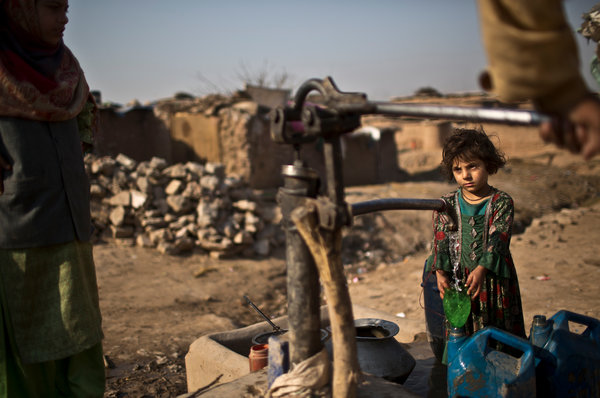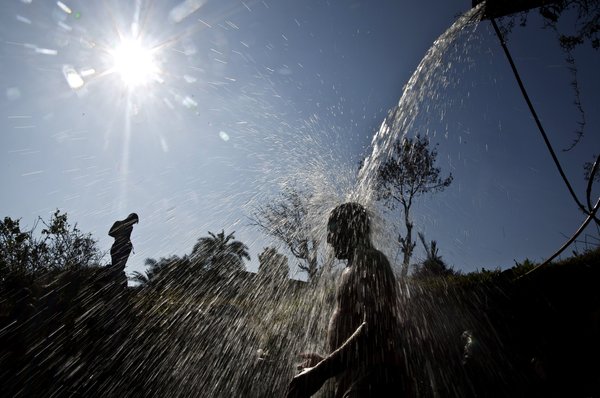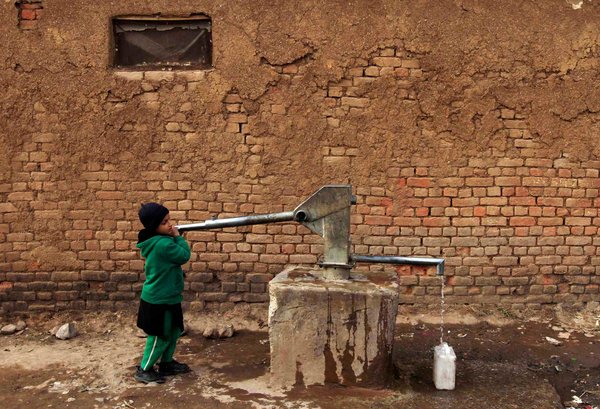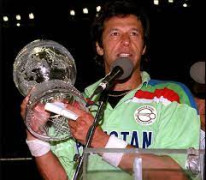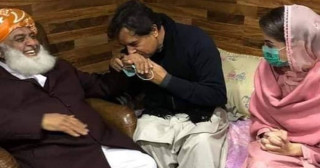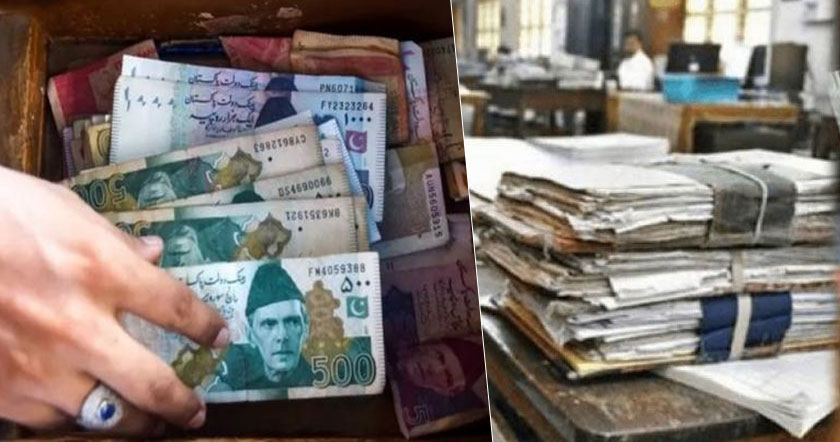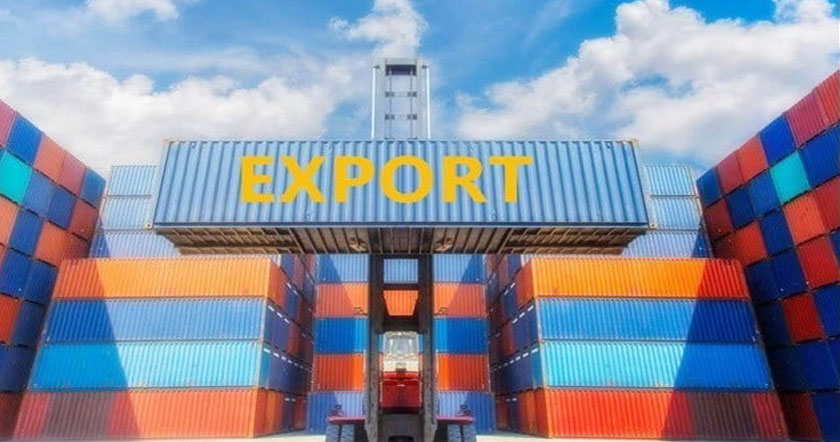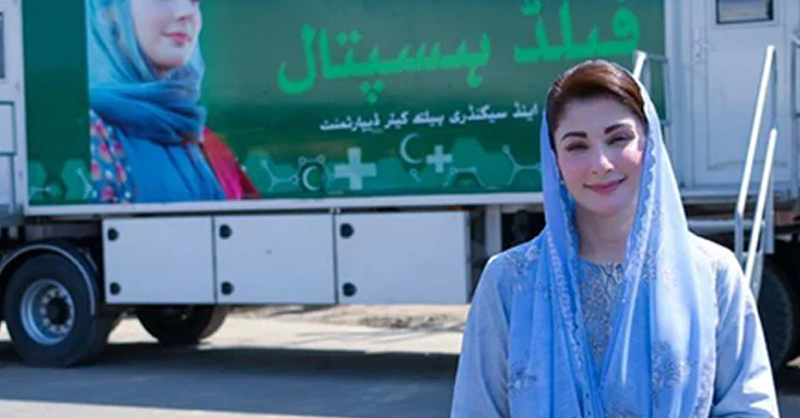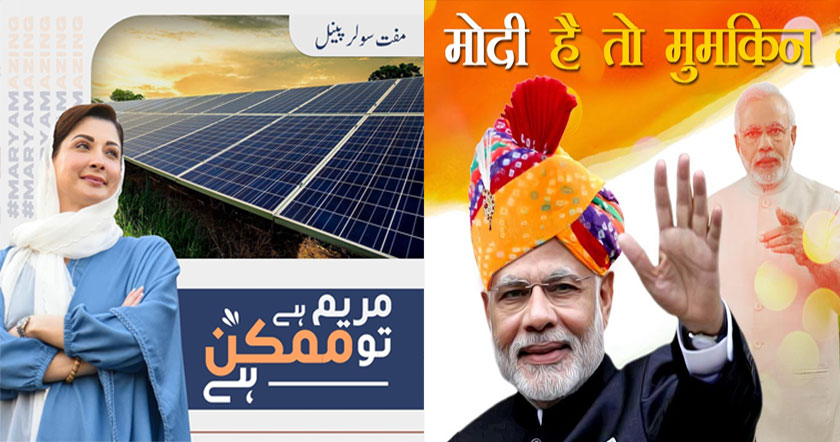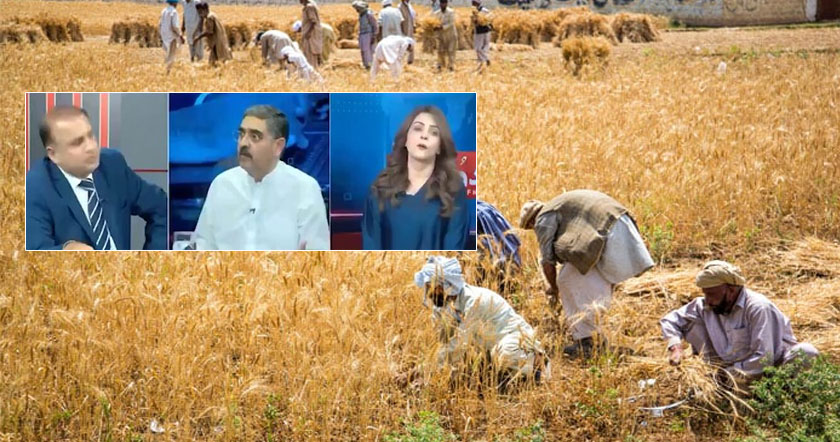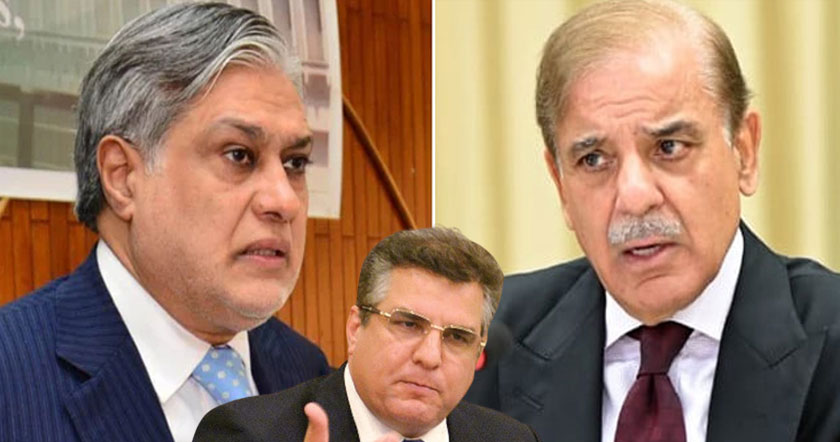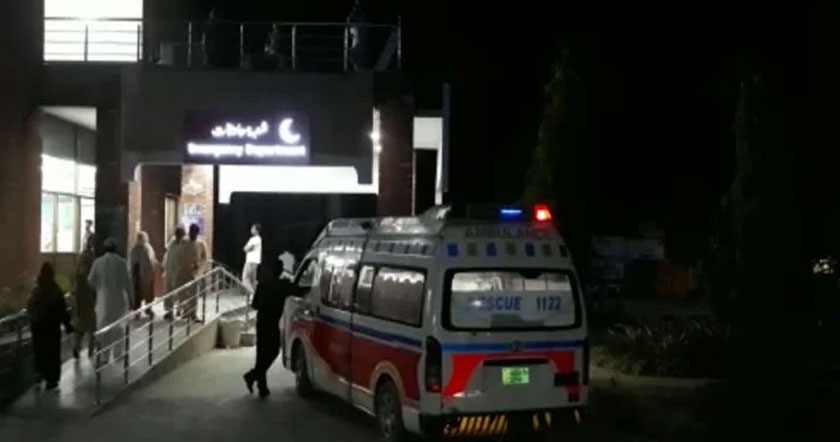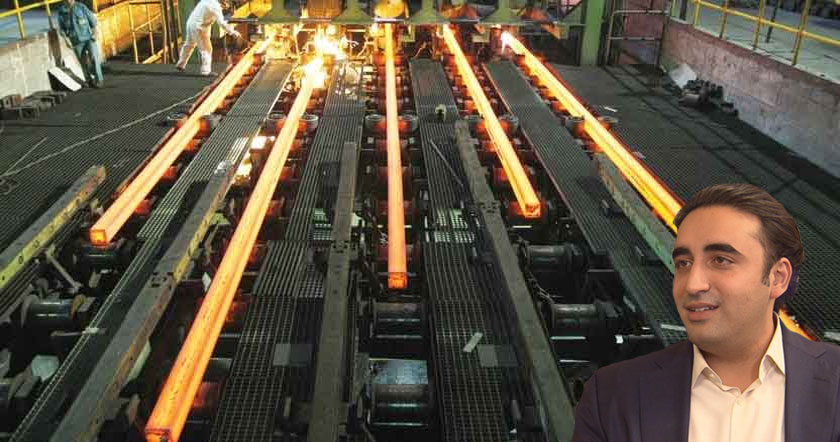Starved for Energy, Pakistan Braces for a Water Crisis
ISLAMABAD, Pakistan — Energy-starved Pakistanis, their economy battered by chronic fuel and electricity shortages, may soon have to contend with a new resource crisis: major water shortages, the Pakistani government warned this week.
A combination of global climate change and local waste and mismanagement have led to an alarmingly rapid depletion of Pakistan’s water supply, said the minister for water and energy, Khawaja Muhammad Asif.
“Under the present situation, in the next six to seven years, Pakistan can be a water-starved country,” Mr. Asif said in an interview, echoing a warning that he first issued at a news conference in Lahore this week.
The prospect of a major water crisis in Pakistan, even if several years distant, offers a stark reminder of a growing challenge in other poor and densely populated countries that are vulnerable to global climate change.
Rebels Tied to Blackout Across Most of PakistanJAN. 25, 2015
In a Journey on a Crumbling Railway, a Picture of a Nation’s TroublesMAY 18, 2013
In Pakistan, it poses a further challenge to Prime Minister Nawaz Sharif, whose government has come under sharp criticism for failing to end the country’s electricity crisis. In some rural areas, heavy rationing has meant that as little as four hours of electricity a day is available.
Arshad Massi, a 34-year-old laborer, showered under an outdoor pipe in Islamabad. Credit Muhammed Muheisen/Associated Press
In the interview, Mr. Asif said the government had started to bring the electricity crisis under control, and predicted a return to a normal supply by 2017. But energy experts are less confident that such a turnaround is possible, given how long and complex the problem has proved to be.
Now the country’s water supply looms as a resource challenge, intensified by Pakistan’s enduring infrastructure and management problems.
Agriculture is a cornerstone of the Pakistani economy. The 2,000-mile-long Indus River, which rises in the Himalayas and spans the country, feeds a vast network of irrigation canals that line fields producing wheat, vegetables and cotton, all major sources of foreign currency. In the north, hydroelectric power stations are a cornerstone of the creaking power system.
A combination of melting glaciers, decreasing rainfall and chronic mismanagement by successive governments has put that water supply in danger, experts say.
In a report published in 2013, the Asian Development Bank described Pakistan as one of the most “water-stressed” countries in the world, with a water availability of 1,000 cubic meters per person per year — a fivefold drop since independence in 1947, and about the same level as drought-stricken Ethiopia.
“It is a very serious situation,” said Pervaiz Amir, country director for the Pakistan Water Partnership. “I feel it is going to be more serious than the recent oil shortages.”
Shortages of resources have climbed to the top of the political agenda in recent years. Fuel shortages last month, for which government officials blamed mismanagement by the national oil company, caused lengthy lines outside fuel stations that embarrassed the government at a time of low global oil prices.
Mr. Sharif’s government was already grappling with the seemingly intractable electricity crisis, which regularly causes blackouts of 10 hours a day even in major cities. And Mr. Sharif has been visibly distracted by grueling political duels, with the opposition politician Imran Khan, who accuses him of stealing the 2013 election, and with powerful military leaders who have undermined his authority in key areas.
Continue reading the main storyContinue reading the main story
Mr. Asif, the water and energy minister, said the government had started to turn the corner. But he acknowledged that the country’s resource problems were, to a large degree, endemic. “There is a national habit of extravagance,” he said, noting that it extended across resource areas, whether gas, electricity or water.
http://www.nytimes.com/2015/02/13/w...n-region®ion=top-news&WT.nav=top-news&_r=0
So Pakistan phir na kehna bataya nahe, start storing WATER now


